In an act of unspeakable horror, three gunman are at large in France after a brief deadly attack on the offices of Charlie Hebdo, the satirical French magazine. The attackers shouted “Allahu Akbar” during the attack, and it’s believed to be part of a long running controversy over various depictions of the prophet Mohammed going back to the Jyllands–Posten Muhammad cartoons in 2007.
Slain in the attack were Charlie d editor/cartoonist Stephane Charbonnier, 47, Cabu, Tignous and Georges Wolinski, shown above. Two police officers and six other staffers were killed. The attack took place during an editorial meeting; cartoonists Luz and Cathering Meurisse were late to the meeting and unharmed according to this tweet from Dargaud’s Thomas Ragon. Charbonnier had been under police protection for years following earlier threats against his life by extremists, and the office was firebombed in 2011.
Just moments earlier, the Charlie Hebo twitter account had sent out the above image of ISIS leader Abu Bakr Al-Baghdadi.
Meilleurs vœux, au fait. pic.twitter.com/a2JOhqJZJM
— Charlie Hebdo (@Charlie_Hebdo_) January 7, 2015
The attack has been condemned by French president Francois Hollande, President Obama and other world leaders.
I’m told Cabu was a much-loved veteran political cartoonist. Charlie Hebdo—named Charlie for running Peanuts strips in its early days—was a satirical institution in France and the attack is simply devastating to the magazine and the cause of free speech.
The BBC has a thorough report on events; here’s ongoing coverage at the Guardian. Gawker has an account of Charlie Hebdo’s lengthy history of controversy going back to former French President Charles DeGaul. Comics Reporter is running a list of resources and news accounts.
Charlie Hebdo’s website was taken down earlier in the day but has replaced by the words “Je sui Charlie” which has become the hashtag #jesuischarlie to show solidarity for free speech and regard for human life.


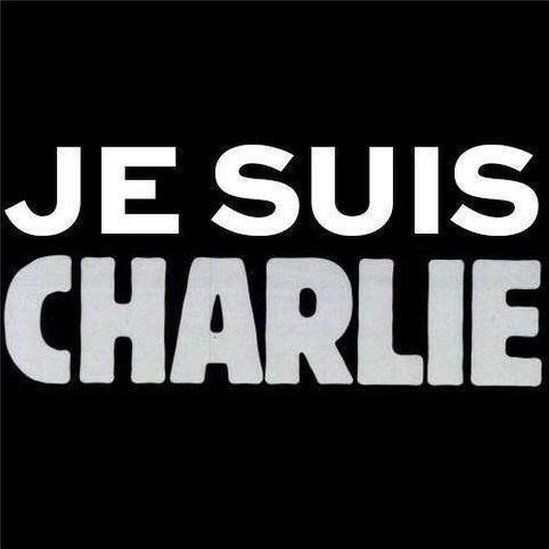
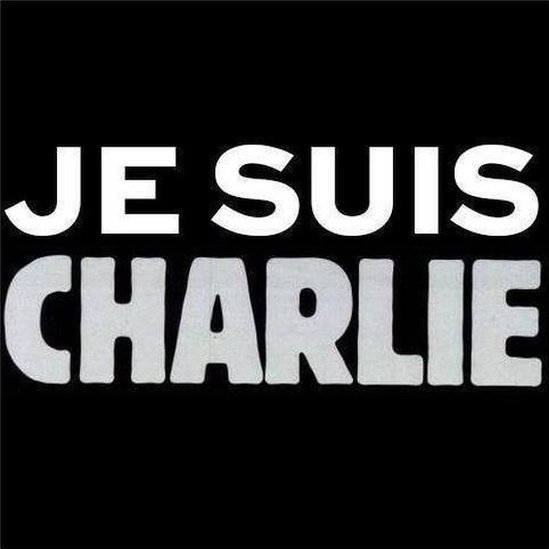
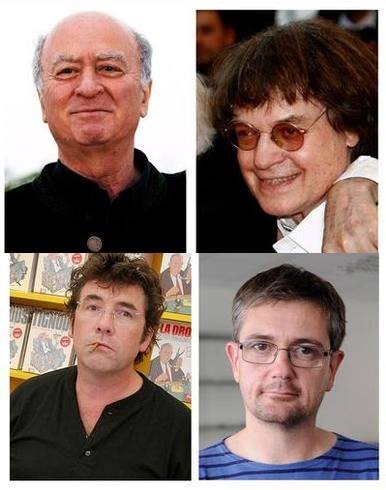

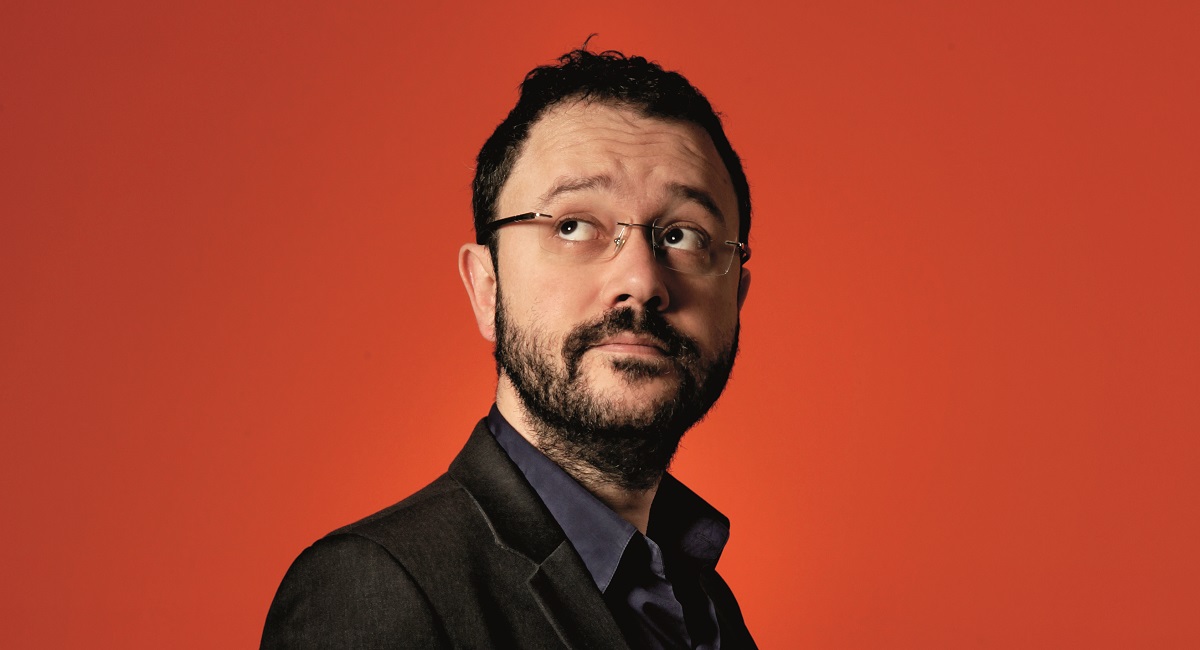
![Things To Do Today [NYC]: “Drawing the Unspeakable” with Kerascoët, Pénélope Bagieu and Catherine Meurisse](https://www.comicsbeat.com/wp-content/uploads/2016/11/Exquisite-Corpse-Banner.png)
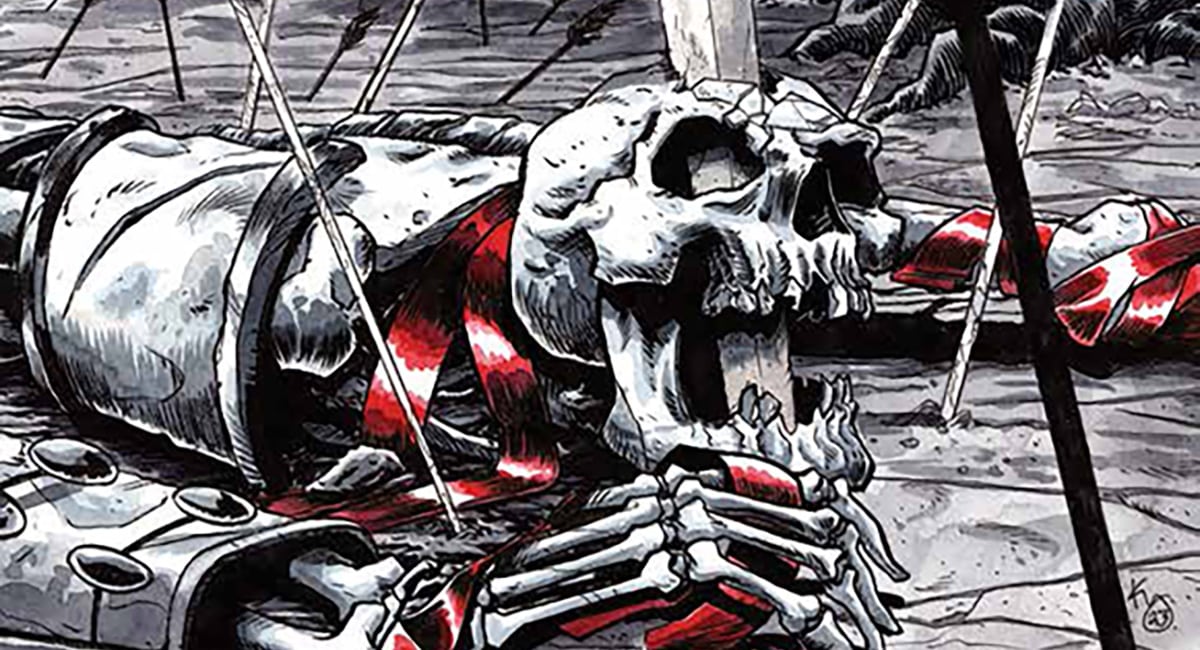



Wouldn’t it be great to just flood the web with the cartoon images these guys created? No one person, group, religion/faith or government should ever have such power to silence voices in this or any other way.
Anonymous…maybe you have a new challenge?
I don’t accept terrorism. It isn’t simply something that fanatics do … the rest of society has to buy into it, for it to work. If we don’t … if we continue to live as we lived before, as we would’ve lived otherwise … they fail.
This doesn’t mean not being afraid. As a religious satirist, I’ve written and drawn things that I’m sure would inspire anger – even outrage – from certain religious fanatics, and an incident like this scares the bejeezus out of me.
But I won’t be terrorized by it.
This isn’t just an attack on cartoonists, and not just against satire as political commentary. It’s an attack on all freedom of expression, and that is an attack which much be answered. Not with bombs or bullets; those are the tools of terror. Not with fear and (self)censorship; that’s also buying into terrorism as a philosophy. But with cartoons, with satire, with speech … with courage.
Utterly awful.
There’s an article by Bart Beaty at Slate setting out some background and making clear that the cartoonists killed were significant figures albeit not well known outside France. Georges Wolinski for example was awarded the Grand Prix at Angoulême in 2005, and an older generation may recall his widely reprinted cartoons from May 68.
http://www.slate.com/blogs/browbeat/2015/01/07/the_french_cartoonists_killed_at_charlie_hebdo_wolinski_charb_tignous_and.html
Seriously, this is a sad, sad day for comics, and the free press in general.
“Wouldn’t it be great to just flood the web with the cartoon images these guys created?”
No, that wouldn’t be great, as there are some pretty awful cartoons amongst them; stuff comparable to what the nazis produced to demonize jews in nazi Germany. I’ll just go out of a limb here and say that these anti-Muslem cartoons I saw are not only unnecessary hurtful, not targeting only extremists but muslems in general, but will also have contributed to the increasing anti-muslim feelings in France. But you don’t hear about the victims of that.
Regarding “Je suis Charlie”, “I am Charlie” – Do yourself a favour, google around to see what the Charlie Hebdo cartoons are about first, before you decide to march behind them.
Remco, your concern over the issue of some of their cartoons is understandable however, the point of the matter is that everyone should be allowed the right to speak freely. Sensitivity to the faiths and beliefs of others is something we should ask of everyone. However, when a fanatic from any culture, political affiliation or faith demands that we should die because our ideals are not the same as theirs then I will defend the right we have to free speech.
If you look at this as a question of agreeing with Charlie Hebdo‘s commentary, or whether the murderers’ religion is evil or not, you’re missing the forest for the trees. This isn’t about one magazine in particular. It isn’t about one religion in particular. This is a matter of free speech vs. violent suppression of speech. The views one is expressing, and the religion the other think it’s defending, are not the point.
An article by Arthur Goldhammer at AlJazeera US ably sets out where Charlie Hebdo was coming from :
http://america.aljazeera.com/opinions/2015/1/charlie-hebdo-gouaillesatireislamjournalism.html
It acted within a long-existing French tradition of offensive satire, an
The article then points to the irony that
Scarcely surprising that alongside this somewhat ironic process of canonization there is a smaller current of politicians and priests, both secular and religious – precisely the kind of people that Charlie Hebdo most savagely mocked – who want to suggest that they were ‘asking for it’ or that their ‘unacceptable views’ somehow caused or even justified the violence directed against them. The truth is precisely the opposite – that violence wasn’t the product of their ‘bad thought’ or blasphemy but of the actions of priests and politicians and their followers, and of ‘ours’ as well as ‘theirs’.
So yeah, the idea of thoughtlessly reprinting just their cartoons about Islam is at best a bit dumb even where it isn’t simply a deliberate attempt to co-opt them into one side of an argument which they attacked every aspect of.
Heya i’m for the first time here. I found this
board and I in finding It really helpful & it helped me out much.
I hope to present something back and help others like
you aided me.
Comments are closed.